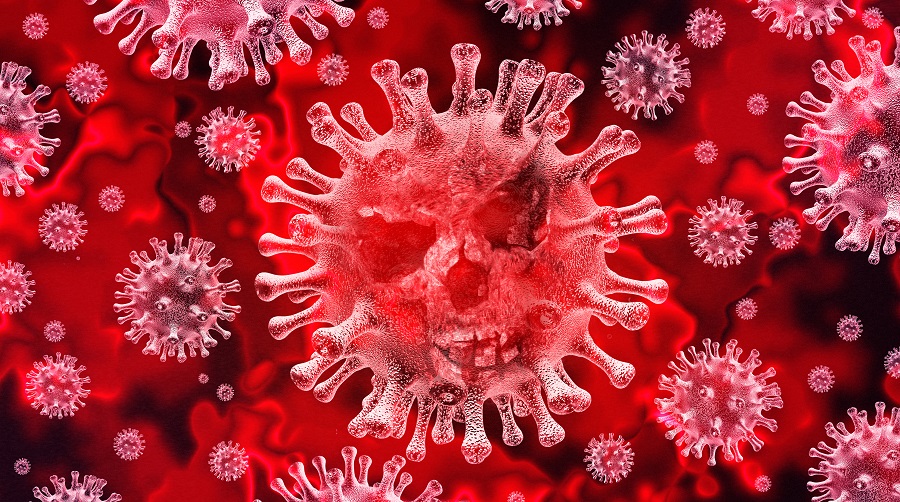From: MilitaryTimes (Meghann Myers)
Active, Reserve and National Guard service members who mobilized to work in medical centers, man testing outposts, distribute supplies and otherwise support their communities in pandemic response are authorized to receive the Armed Forces Service and/or Humanitarian Service medals, per a Defense Department memo signed Tuesday.
To pin it on, eligible troops must have been activated after Jan. 31, according to the memo, but an area of mobilization is not specified, as long as the mission was in direct response to COVID-19.
“Award authorities determine which operations and/or activities are deemed to be humanitarian in nature based off of HSM award criteria,” says the memo, signed by Matthew Donovan, defense under secretary for personnel and readiness.
Active duty, reserve and National Guard members serving under federal orders will have their awards approved by their service secretaries, according to the memo. Those serving on state orders will be approved by the National Guard Bureau chief, an Air Force Gen. Joseph Lengyel.
However, service members are not automatically eligible for both, the memo says, “based on the same activities, deployment, and/or period of time.”
That is to say, it’s one or the other, unless a particular member has been mobilized twice.
For the AFSM, a service member needs to have spent at least 30 days on COVID-19 response ― not necessarily consecutively ― after an activation specifically for the effort, or after being reassigned from a primary duty to support it.
That time requirement knocks down to just one day on-the-job if the service member contracted COVID-19 as a result.
More than 45,000 National Guardsmen alone activated in all 50 states, three territories and the District of Columbia, in addition to reservists and active-duty medical personnel who manned the hospital ships Mercy and Comfort, as well as working in civilian hospitals.
More than 2,000 National Guardsmen have been diagnosed with COVID-19, though the bureau has not been separately tracking cases in those who have mobilized, spokesman Master Sgt. Mike Houk told Military Times.
Currently 1,021 of those cases are active, he said.
